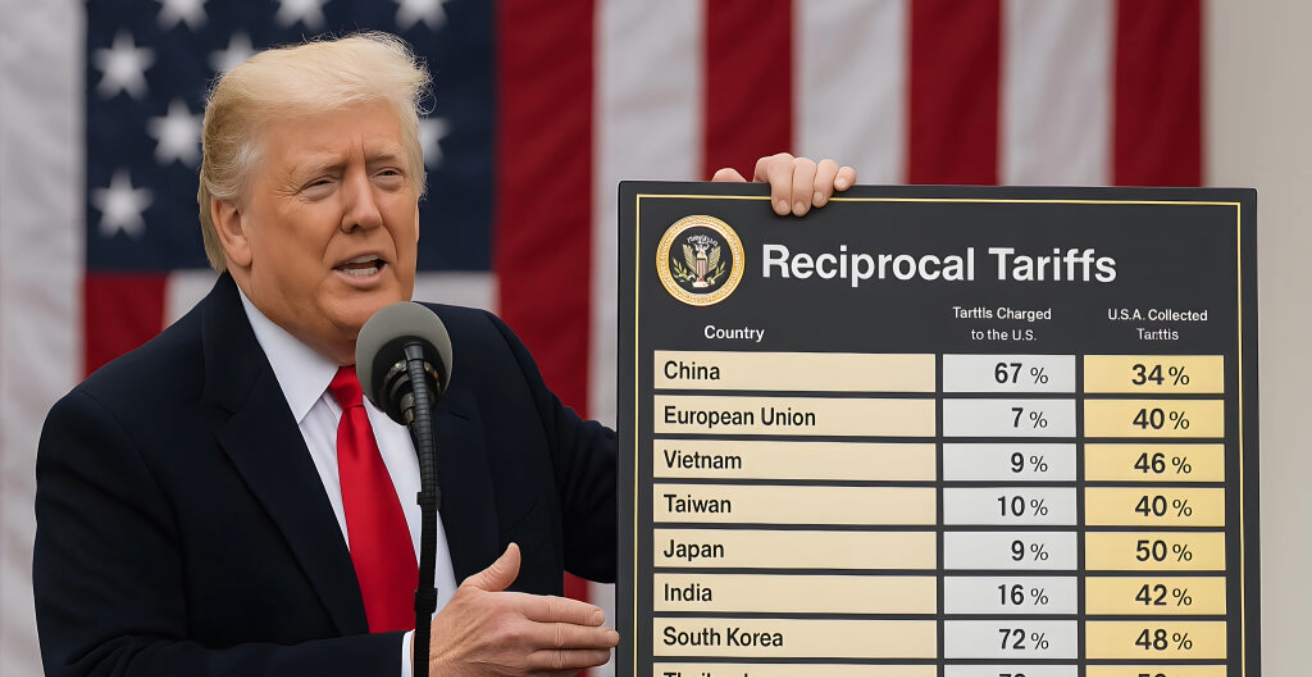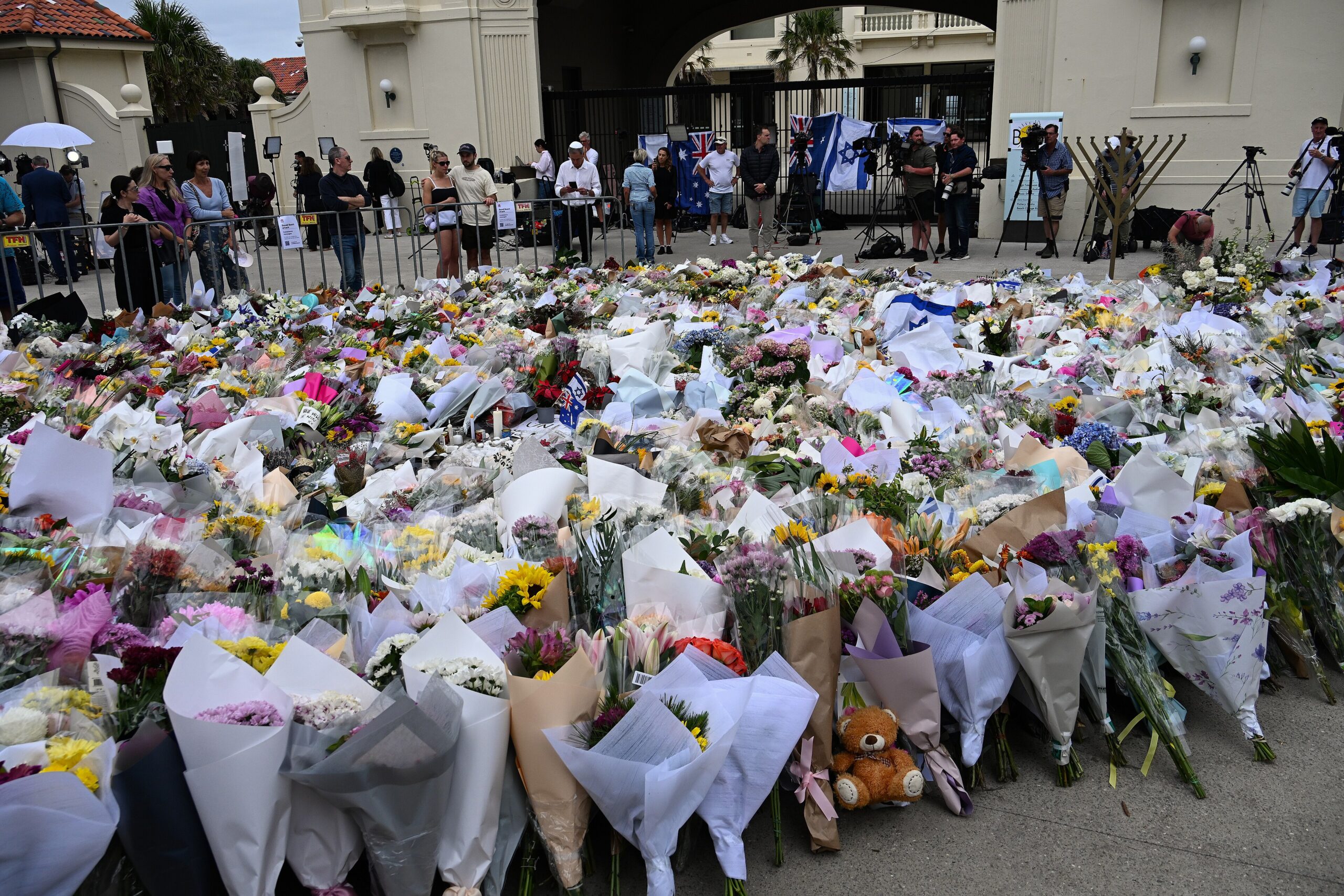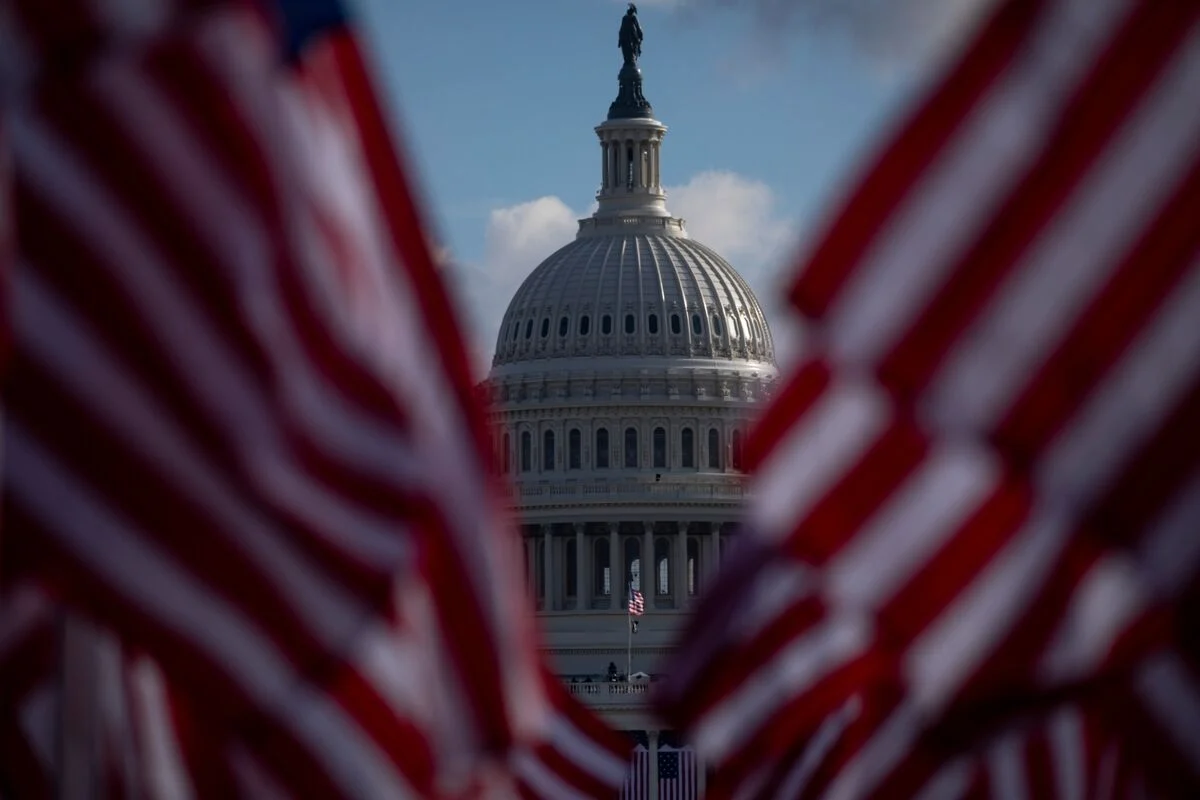The tariff deal between the EU and US signals a major setback for Europe’s autonomy. Lack of political power in Brussels and the absence of assertive leadership in the major national capitals work against Europe’s interests, turning the continent into a satellite of a great power run by an intimidating president.
Grouping 27 member states, the European Union (EU) is the sophisticated technocratic institution created through a long process of regional collaboration and integration. Void of a real political personality, the EU has generated the greatest and most prosperous market in the world, serving the wellbeing of European people for almost seven decades. That was the common wisdom until a single handshake between the President of the EU Commission, Ursula von der Leyen, and US President Donald Trump, squandered the EU’s commercial primacy, reducing Europe to a dependency of a great power in decline.
The tariff deal reached on 27 July came after bold EU announcements against Washington’s tariff plans. What made this act of complete subservience even more acute and almost comical, was the context in which the ‘agreement’ took form. Ms. Von der Leyen flew to Scotland, outside the soil of the European Union, to meet a President who was busy playing golf on the Turnberry Course that he owns. One photo powerfully captures the absurdity of the moment: the President of the EU Commission smiles broadly while accepting an act of economic coercion, in stark contrast to Trump’s more appropriately serious expression. His body language exudes dominance and disregard—seated while shaking hands with his palm facing upward, as if demanding payment.
The US is imposing a 15 percent baseline tariff on most European products (while 50 percent remains on steel). Europe also agreed to buy USD$750 billion worth of US gas (more expensive and polluting than Russian gas) in three years. In addition, a further USD$600 billion will be transferred from Europe to acquire US military equipment. It is a great deal for Trump who is using the historical partners of the US to rebalance his country’s trade deficit and finance the payoff to the rich—introduced with the tax cuts of the ‘big beautiful bill.’ Accepting the deal, the EU effectively serves the US national interest against its own.
Is Ms. Von der Leyen entirely to blame for this debacle? Could have she done better? The answer is no to both questions. A long-term career politician in Germany, Von der Leyen arrived in Brussels in 2019, failing to succeed Angela Merkel at the helm of the CDU, after being involved in some private and public scandals. She is now in charge of the Commission, a technocratic body that has the authority to negotiate external trade relations on behalf of the EU’s member states. However, such authority comes with no political weight. Political power in Europe still resides in the capitals of individual national states, that are now complaining about the EU for the poor outcome of the US deal. The blame instead should rest on them as the real political actors who hide behind the Commission. France, Germany and Italy above all. Perhaps the outcome could have been different, had any of these key economies (respectively seventh, fourth and tenth in the world) had the courage to implement true autonomous agendas to pursue their national interest against US will.
Geopolitical analyst Alessandro Orsini writes “being a satellite state is no longer convenient when the costs of subordination outweigh the gains.” However, breaking away from subordination and establishing strategic autonomy requires a degree of political pragmatism and character that no European leader has been able to demonstrate in the past five years. In the face of American tariffs, true political leadership would seek and develop alternative trade routes. It would invest its economic resources to fill the technological and industrial gaps that Europe has accumulated with China and the US, especially in renewable energy and digital innovation. Rather than being kept out of the room, as happened in recent months, Europe should call and lead negotiations for the rapid end of the conflicts in Ukraine and Gaza that directly affect its region’s east and south.
In other words, a more assertive political leadership could acknowledge the divergence between European and American geopolitical interests. This concerns primarily the difficult relations with Russia. Following America, Europe has decided to enter a military path to confront Russia after the illegitimate invasion of Ukraine in 2022. Doing so, the continent has renounced to use its only credible weapon: a diplomacy developed in a century of dispute management over language and ethnic minority rights. This renunciation has proven catastrophic. A courageous and mature political leadership would admit the mistake and repair the damage.
While marginalising Russia from the international arena is beneficial for America, it is not a good option for Europe. In the economy, the disruption of trade with Russia has harmed Europe’s exports and industrial production. Militarily, engagement in an indirect conflict with the imponent eastern neighbour has depleted the arsenals of several nations and brought back the nightmare of armed conflict in the continent (not to mention the tragic sacrifice imposed on Ukraine). Socially, it has resuscitated a dormant ahistorical Russophobia now manifested in several fields, from the cancellation of Russian study programs to excluding Russia from World War Two commemorations. Politically, it has sparked a spiralling sequence of hawkish stances, culminated recently in the dangerous withdrawal from the Ottawa landmine ban treaty by Finland, Poland and the Baltic states. While this decision is today justified by the desire to mine the borders with Putin’s Russia, what will guarantee that future political shifts in those countries will not exploit this instrument to threaten other bordering nations? A true political leadership would sanction such an ill-conceived decision in the name of disarmament and peace. It would also defuse dangerous rumours and misinformation about imminent military invasions from Russia, a country that doesn’t need to expand its already vast and scarcely populated territory. It would rather approach Russia to find solutions to common security and economic concerns, including the Arctic region where the US wants to expand its influence by acquiring Greenland.
Unfortunately, none of the above is taking shape in a continent that is in the grip of a rearmament frenzy, driven by US commercial goals with the consent of NATO and the EU. The pragmatic political leadership I portrayed is an exercise in wishful thinking that matches that of a strategic partnership between Australia and Europe. While the continent remains in the hands of a subservient ruling class, perfectly represented by Holland’s Mark Rutte who called Trump “daddy” to praise his strike on Iran, Australia can wait and learn a lesson about the risks of putting a big ally’s interests before one’s own.
The deal of 27 July puts the final seal on Europe’s political irrelevance in today’s international arena, relegating the continent to the role of rich commercial satellite of the US. So much for strategic autonomy. In the meantime, hiding behind a non-political supranational organisation for the management of foreign policy, national leaders will have much to explain to disenfranchised electorates at home.
Dr. Adriano Tedde is a lecturer in Strategic and American Studies at the Centre for Future Defence and National Security at Deakin University.
This article is published under a Creative Commons License and may be republished with attribution.





